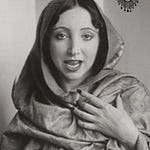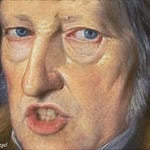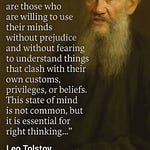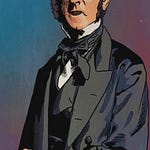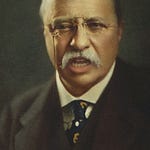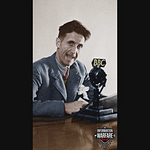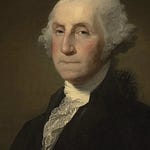Carl Jung, the father of analytical psychology, offered humanity one of the most profound insights into the nature of the self: "Until you make the unconscious conscious, it will direct your life and you will call it fate." This statement is not just a philosophical observation—it is a roadmap to transformation. Jung believed that the unconscious mind governs much of our lives without us realizing it, and only by bringing it into the light of awareness can we claim true agency.
🔍 "Make the unconscious conscious"
At the heart of Jung’s psychological framework is the concept of the unconscious. This hidden realm includes our:
Suppressed memories
Unexamined emotions
Repressed desires
Traumatic experiences
Shadow self (the parts we deny or ignore)
These elements influence our thoughts, behaviors, relationships, and life choices—yet we often remain oblivious to them. By "making the unconscious conscious," we begin to illuminate the hidden drives behind our actions. It's like switching on the lights in a dark room we've always lived in.
🧠 "Know your patterns"
Many of us live in loops. We:
Date the same types of people who hurt us
Sabotage success when it's within reach
React to stress in habitual, often harmful, ways
These are not random acts. They are patterns—repetitive behaviors hardwired into us by past experiences, many of which are stored unconsciously. By identifying and understanding these patterns, we gain the power to disrupt them. Awareness is the first step to change.
🩺 "Trace your wounds"
Jung emphasized that healing starts with honest confrontation of our pain. Much of our unconscious behavior is shaped by wounds we refuse to examine:
Childhood neglect or trauma
Betrayal in relationships
Experiences of shame, abandonment, or fear
To trace these wounds is to ask:
Where did this belief or reaction originate?
How is it still affecting me?
What story have I been living because of it?
This process doesn't just help us heal. It helps us rewrite our narrative.
🌊 "Explore your depths"
Mainstream self-help often stops at surface-level change: affirmations, productivity hacks, or temporary motivation. Jung asks us to go deeper. To explore:
Archetypes (universal symbols like the Hero, the Shadow, the Wise Old Man)
Dreams and fantasies
Fears and contradictions
This is the journey of individuation—the integration of all aspects of the self into a unified whole. It requires courage, but it leads to authenticity.
💡 "Stop calling it fate, start calling it freedom"
Perhaps Jung’s most liberating idea is this: once we understand the true origins of our suffering, we stop blaming fate, other people, or external forces. We realize:
"Ah—this wasn’t destiny. It was my own unhealed pain, my own shadow, my own avoidance."
And with that insight comes freedom:
Freedom to choose different thoughts and actions
Freedom to build healthier relationships
Freedom to stop repeating old cycles
This is not an easy path. But it is a transformative one. Jung does not promise comfort. He promises wholeness.
Final Thoughts
To live unconsciously is to live by default. To live consciously is to live by design.
Carl Jung’s legacy invites us to do the bravest thing possible: look within, confront the unknown, and shape our own destiny. When we bring the unconscious to light, we don’t just reclaim our minds—we reclaim our lives.



